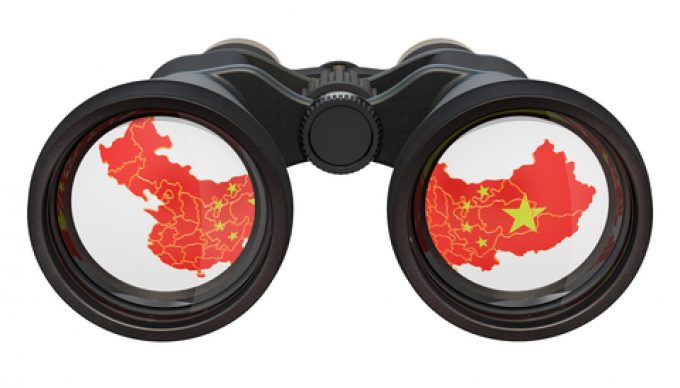US Justice Department cracks down on sanctions-busting
Forwarders are among those recently charged by US authorities with breaching sanctions on Russia by ...

International companies should be increasingly wary of the current atmosphere in China, after it changed its counter-espionage laws last year.
Arrests of workers at foreign firms in China are on the rise, adding to increasing concerns of western executives about continuing to run operations in the country.
In mid-February, The Guardian reported that China had arrested one of its citizens, Emily Chen, on spying charges after she spent four months in Nanjing last year helping a US logistics operator open an office ...
Freightmate 'a product of theft, not ingenuity' says Flexport
Ceva Logistics UK named and shamed as a 'serial late-payer'
China hits out at Hutchison plan to sell Panama port holdings to MSC
Liners plan more rate hikes to halt renewed container spot rates decline
Mercedes-Benz places record order for SAF with DB Schenker
TPM: Forwarders need 'clout' to survive as the ocean carriers move in
White House can't see that trade war will hit US agriculture hardest

Comment on this article